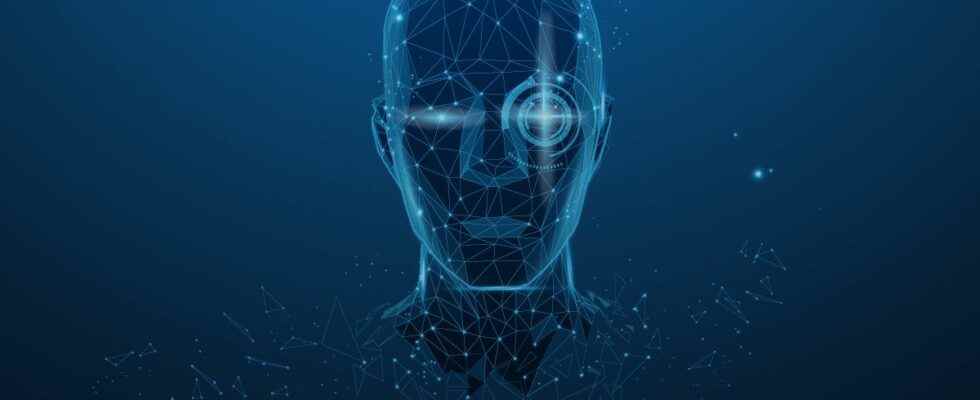A world without work : the title of the latest book by English economist Daniel Susskind is sharp and telling. For the author, artificial intelligence (AI) will, like previous technological advances, completely disrupt the world of work. It should lead to an in-depth revision of the grid of professions, to the point that one is entitled to wonder whether the developed countries will not have to face a drastic reduction in employment.
To address this problem, the book begins by placing the current upheavals in a historical perspective. The author emphasizes that each technological leap forward has led, if not to the disappearance, at least to a significant erasure of certain social groups, this process having encountered resistance, even revolts. As technical progress has become more sophisticated and has made it possible to automate functions that do not only require physical strength, these revolts have changed in nature. At the beginning, the machine replaces the horse and if it eliminates human jobs, the most affected by the change are animals, which are politically unresponsive… Then comes the phase of machines which replace the human hand, with as corollary the Luddite riots but also the appearance of a considerable number of industrial jobs.
Today, artificial intelligence is intended, as its name suggests, to take over intellectual activity such as medical diagnosis or legal expertise. It will have its Luddites, such as general practitioners whose malaise is obvious, as well as its new professions centered on the processing of information. For the author, the society structured on AI will have neither the same problems nor the same regulatory tools as the industrial society. The latter was a society of big business and urban wage employment. It had meant the replacement of local solidarities in the rural world by welfare states associating worker employment with access to public services and social insurance.
For Daniel Susskind, the world of AI, which is that of telework and the self-employed, will have to rethink the methods of redistributing wealth. Originality of the book, the author defends the principle of a universal basic allowance and the existence of a minimum income, subject to conditions relating to the will of the beneficiaries to fit in through training in a labor market made very changing. Its style, characterized by a form of British humor, adds to the interest of this text, which emerges in the abundant literature devoted to AI.
A world without work
By Daniel Susskind. Flammarion, 424 pages, €24.
Rating 5/5
